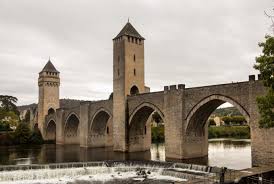Understanding the Cultural Importance of Manu

Introduction to Manu
The term ‘Manu’ has profound cultural and historical significance across various societies worldwide. Particularly in Hindu mythology, Manu is regarded as the progenitor of mankind, representing the first human and a key figure in the ancient texts of the Vedas. Understanding the role of Manu helps in appreciating the roots of human existence narratives and their relevance in modern cultures.
The Significance of Manu in Different Cultures
In Hindu beliefs, Manu is known as the lawgiver and is credited with composing the Manusmriti, a pivotal text detailing the moral and legal codes. This ancient scripture serves as a cornerstone for Dharma (moral law) in Hindu society, influencing societal norms and duties.
Besides Hinduism, the concept of Manu resonates in various indigenous cultures, particularly in Polynesian myths, where he is often associated with creation stories and foundational narratives that shaped their societies. In New Zealand, for instance, Manu symbolizes the connection between nature and humanity, representing a bridge between the earthly realm and spiritual beliefs.
Current Events and Developments
In recent times, the recognition of Manu has gained momentum in academic discussions around environmental ethics and indigenous rights. As societies grapple with climate change and the loss of biodiversity, many are revisiting ancient beliefs and practices based on the respect for nature exemplified by figures such as Manu. Recent conferences and cultural festivals have highlighted the importance of indigenous narratives and their views on stewardship of the earth, providing a platform for voices advocating for environmental justice.
Conclusion and Future Implications
The legacy of Manu serves as a reminder of the significance of cultural narratives in shaping our understanding of humanity and our responsibilities towards the planet. As we move forward into the era of climate activism and cultural revival, revisiting the teachings associated with Manu can provide valuable insights necessary for sustainable living. Embracing these ancient teachings alongside modern science may offer pathways to a more balanced relationship with nature, fostering harmony among diverse cultures and ecosystems. The future of humanity may rest on our ability to blend these age-old wisdoms with contemporary challenges.









